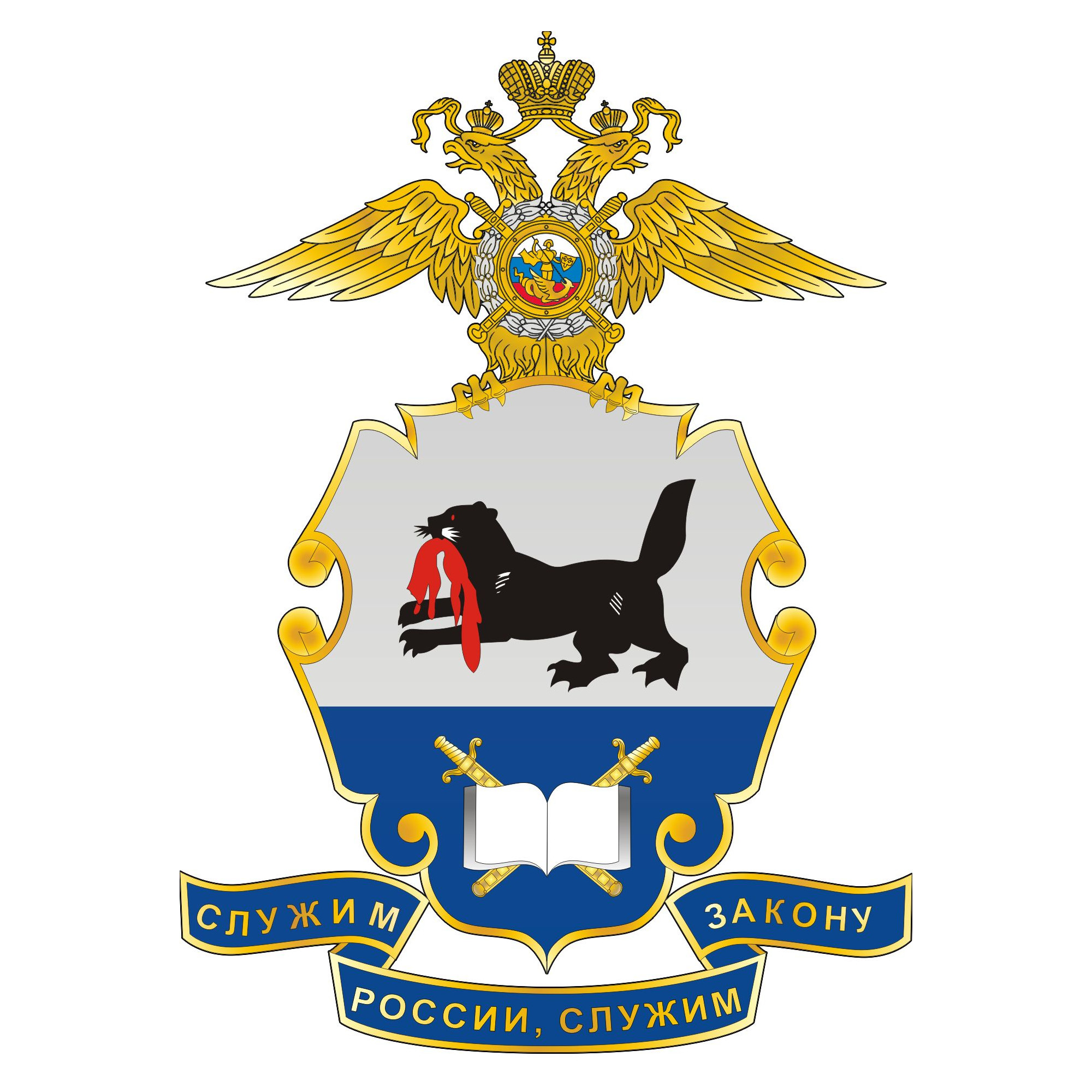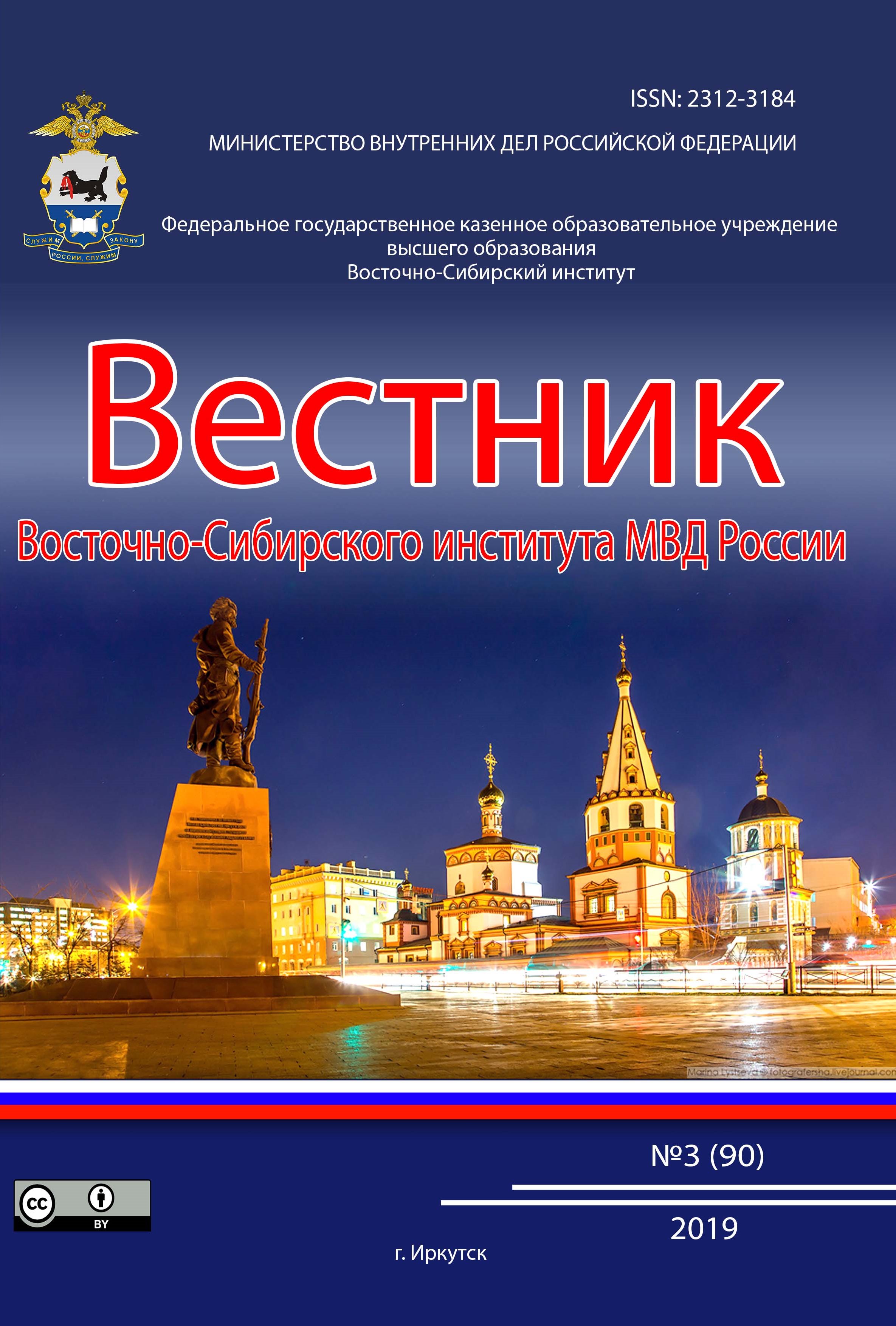Ramenskoe, Russian Federation
UDC 316.334.4
CSCSTI 10.11
Russian Classification of Professions by Education 40.03.01
Russian Library and Bibliographic Classification 6
Russian Trade and Bibliographic Classification 7
BISAC LAW LAW
Introduction. In science, everything must be questioned, and therefore the fact of critical perception of thought does not initially mean its rejection. In this sense, scientifically based, constructive criticism is not only possible, but also necessary, since it contributes to the development of scientific thought. To date, there are four main types of understanding of law: legal positivism or normativism (law is interpreted as a set of norms established or sanctioned by the state); sociological positivism (the existence of "book law" and "living law", which is formulated in the decisions of judicial and administrative bodies and has absolute priority over "book law"); theories of natural law (law is derived from the mind or nature of society and man, and innate and inalienable rights are attributed to man, existing independently of the state and preceding it); philosophical understanding of law (law is reduced to freedom, which is understood as reasonable social behavior). Legal and sociological positivism are more realistic, as they give the law a very real content (norms and relations). The theories of natural law and the philosophical understanding of law are purely theoretical in nature, i.e. they do not describe real law, but rather ideal law. All these approaches are considered classical due to the presence of a basic principle in each of them: the norm of behavior established by the supreme authority; real relations entailing legal consequences; inalienable rights of the individual; an abstract formula of freedom. However, progress is necessary and permanent, which leads to theoretical understanding and attempts to substantiate the so-called "new theories of law". Among them, the communicative theory of law by Andrei Vasilyevich Polyakov, Professor of the Department of Theory and History of State and Law at the Faculty of Law of St. Petersburg University, is of particular interest. Materials and methods: the empirical basis of the study was made up of primary sources in the form of works by A.V. Polyakov, as well as relevant research literature. The methodological basis of the research was manifested in the complex use of dialectical, historical-legal, structural-legal, formal-legal, axiological, comparative-legal, logical and systemic methods. Research results: based on the integrated use of various methods of scientific cognition, the consistency of the author's definition of the concept of law by A.V. Polyakov and the theses that make up the essence of his communicative theory of law are evaluated. An appeal to the positions of pre-revolutionary and Soviet classics of theoretical and legal knowledge made it possible to discover a communicative understanding of law that existed long before the theory of law under study. Conclusions and conclusions: the conducted comprehensive study revealed logical errors and theoretical shortcomings of the theses that make up the essence of the communicative theory of law, the consideration of which will contribute to improving the objectivity and effectiveness of scientific research on the understanding of law.
law; state; social communication; legal text; eidos of law; legal values; mental coercion; physical coercion; legal awareness.
1. Alekseev V.P., Pershits A.I. History of primitive society. M., 1990.
2. Varlamova N.V. Typology of legal understanding and modern trends in the development of the theory of law. M., 2010.
3. Egorov A.A. Moral foundations and rights in the works of A.P. Kunitsyn (1783-1840) // Proceedings of the Academy of Management of the Ministry of Internal Affairs of Russia. No. 2 (62). 2022. pp. 149-158.
4. Egorov A.A. The project of state transformations in the works of S.E. Desnitsky // Proceedings of the Academy of Management of the Ministry of Internal Affairs of Russia. No. 3 (55). 2020. pp. 98 - 105.
5. Egorov A.A. The correlation of morality and law in the works of G.F. Shershenevich (1863-1912) // Proceedings of the Academy of Management of the Ministry of Internal Affairs of Russia. No. 2 (66). 2023. pp. 15-23.
6. History of political and legal doctrines: textbook / under the general editorship of O.V. Martyshina. M., 2010.
7. Kashanina T.V. The origin of the state and law. Modern approaches and new interpretations. M., 1999.
8. The communicative concept of law: questions of theory. Discussion of the monograph by A.V. Polyakov. St. Petersburg State University. Faculty of Law. 2003.
9. Communicative theory of law and modern problems of jurisprudence. To the 60th anniversary of A.V. Polyakov. Vol. 1.. St. Petersburg, 2014.
10. Kunitsyn A.P. Natural law. St. Petersburg, 1818.
11. Maltsev G.V. Understanding of law. Approaches and problems. M., 1989.
12. Martyshin O.V. Philosophy of Law. M., 2020.
13. Nersesyants V.S. General theory of law and the state. M., 1999.
14. Polyakov A.V. Communicative concept of law: Dis. ... doct. Jurid. Sciences. St. Petersburg, 2002.
15. Polyakov A.V. Communicative legal understanding. Selected works. St. Petersburg, 2014.
16. Polyakov A.V. General theory of law. A phenomenological and communicative approach. Course of lectures. St. Petersburg, 2003.
17. Polyakov A.V. The general theory of law: problems of interpretation in the context of a communicative approach. M., 2023.
18. Radishchev A.N. The project for the division of the Russian Code // Complete works in 3 vols. 3. - M. - L., 1938-1954.
19. Shershenevich G. F. The general doctrine of law and the state: lectures. M., 1911.
20. Shershenevich G.F. Definition of the concept of law. Kazan, 1896.
21. Shershenevich G. F. On the sense of legality: a public lecture delivered on March 10, 1897, Voronezh, 2018.
22. Yushchenko N.V. State-legal views of S.A. Muromtsev: Dis. ... cand. Jurid. Sciences. St. Petersburg, 2002.










